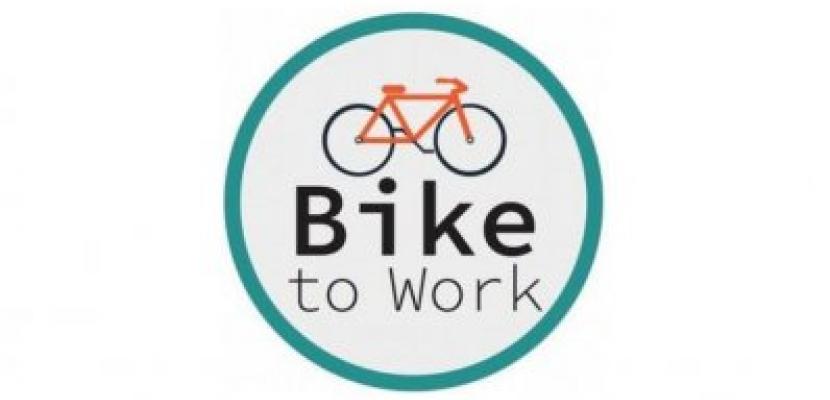
BIKE TO WORK

About this good practice
During the most critical phases of the pandemic from Covid-19, there was a drastic disaffection for public transport and a simultaneous increase in the use of private vehicles, especially in the home-school and home-work journeys. To counteract this trend and try to encourage instead cycling, was born the experimental project Bike to Work, which is aimed at employees of private companies, public bodies, educational institutions based in the territory of Reggio Emilia. In the project, educational institutions and the world of schools have been intentionally included because of the number of such audiences but above all because of the role that the teaching staff plays as a strong example to students and families, in this case with regard to the means of transport used when travelling to schools, their place of work. Following the signing of appropriate Mobility Management Agreements with the companies / institutions / educational institutions concerned and the appointment of the respective Mobility Manager, Employees can download a dedicated app on smartphones and count the useful kilometers to the incentive. The incentive is recognized by making the path home-work-house by bicycle in replacement of the private car and amounts to 0.20 €/km for a maximum of 50 €/month. Monthly the Administration receives a special report from the app with the cycled kilometers, the amount of the incentive and the kg of CO2 avoided by choosing to move by bike rather than by private vehicle.
Resources needed
- REGIONAL FINANCING (for kilometre-based incentives only) = about 250,000€
- CO-FUNDING MUNICIPAL (internal staff, communication, App, stamps,...) = about 50.000 €
- 1 person full time
Evidence of success
(data for June / October 2021)
- MOBILITY MANAGEMENT AGREEMENTS signed with companies / Organizations / Associations / Educational institutions = 40
- active employees = 590
- Valid kilometres [Km] = 72.546,34
- Total incentive [€] = 14,505.99
- CO2 avoided [kg] = 12.237,70
Potential for learning or transfer
The project implementation mechanism is very simple and addresses a wide range of local realities
- The project is very attractive and does not require any special promotion except in the early stages
- Maintaining the transition through the signing of the MM Agreements with employers (very useful pre create interest in the topic also by the world of work and lay the basis for work tables on mobility management), if allowed by the legislation of the individual country, the direct payment of the incentive to the single worker is preferable without therefore the passage through the payslips (passage that very slows down the procedure)
